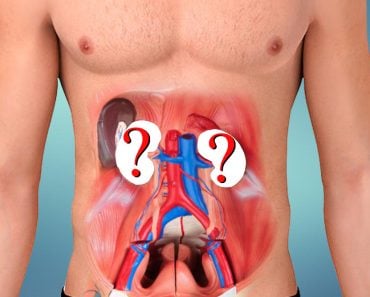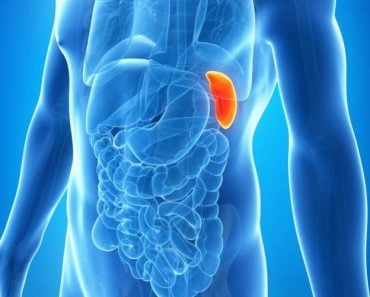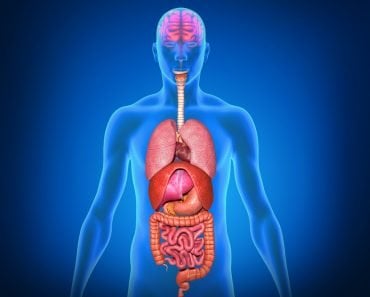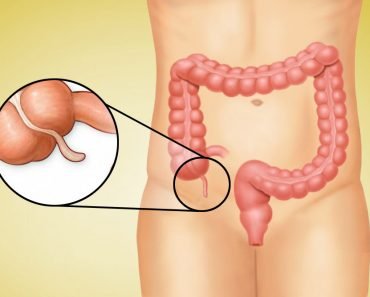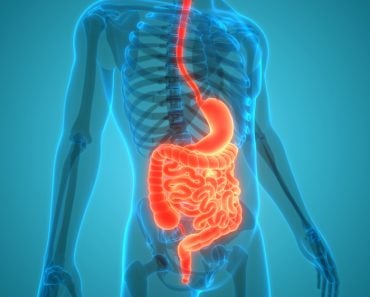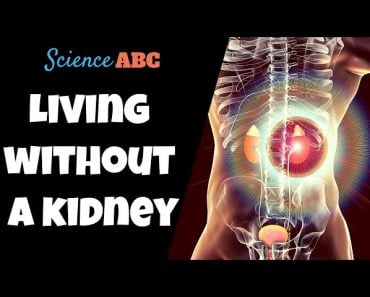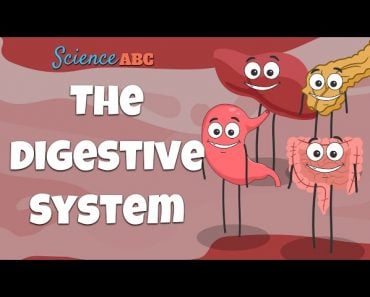Table of Contents (click to expand)
While you can technically live without a pancreas, it would be a difficult and complicated life. You would need to take medication for the rest of your life to compensate for the important functions that the pancreas performs, including digestion and regulating blood sugar levels. Additionally, you would need to follow a special diet and exercise regularly to maintain your health.
You can live without a pancreas, although you would need to take medication for the rest of your life to compensate for the important functions that the pancreas performs.
Although most people have very little idea of where the pancreas is in the body, let alone what it does, it is still considered one of the body’s major organs. However, as with every other organ in the body, things can happen to the pancreas, which may cause it to stop working or require removal. The question is, can you survive without your pancreas? And if so, how would it change your life?

Recommended Video for you:
Science Of The Pancreas
The pancreas is a gland organ located in the abdominal cavity, behind the stomach, and is roughly 6 inches long. While few people give their pancreas much thought, it performs a few critical roles within the body. First and foremost, the pancreas helps in the digestion of food, as it can release enzymes from its exocrine cells that are required to break down particular types of food. These specialized enzymes include amylase and lipase, which help to metabolize carbohydrates and fats, respectively, as well as trypsin and chymotrypsin, which are needed to break down carbohydrates. Without proper digestion from these additional gastric juices, less nutrients would be available to the body.
Secondly, the pancreas creates a very important hormone in its endocrine cells – insulin. As many of you likely know, insulin is the hormone that regulates blood sugar levels in the body. By creating insulin and releasing it into the bloodstream when necessary, the pancreas controls the glucose being used in the body, and can prevent the onset of diabetes. In both types of diabetes, the pancreas is affected, either due to beta cells in the pancreas being destroyed (and thus, being unable to produce insulin), or through the body’s inability to properly use the insulin that is being produced, thus putting too much strain on the organ.
Clearly, these are vital functions within the body that ensure our digestion is optimized and our blood sugar levels are managed. Unfortunately, there are a number of health conditions that can impair the pancreas, which may require the organ to be removed.
Removing The Pancreas
There are quite a few conditions that may result in removal of the pancreas, including chronic pancreatitis, which can cause constant inflammation and pain, and often requires an emergency surgery. Pancreatic cancers are also quite common, as are noncancerous tumors in the pancreas, which can lead to a spread of cancer to other organs or damage to the pancreas, respectively. Finally, if the pancreas is injured in some way, it may need to be removed from the body.
To remove the pancreas, a procedure called an pancreatectomy is performed, which can be a complicated procedure, due to the placement of this gland organ. Its proximity to other elements of the digestive tract, specifically the duodenum, gallbladder and stomach, means that some of part of those organs must also be removed to extricate the spleen. The stomach must be reattached where the pancreas has been removed. As with any major surgery, there is always the risk of complications, so this surgery is only recommended when it is absolutely essential.
There are a few variations of a pancreatectomy that can solve the problem with the organ, without compromising its key functions. More specifically, doctors can remove the cells that create insulin from the pancreas and return them to the body, which would allow your body to continue producing insulin. However, this is not feasible or viable for every pancreatectomy.
Life Without A Pancreas
The most immediate effect of removing your pancreas is the inability of your body to produce insulin, so you will immediately become diabetic. Just like millions of other people around the world, you will have to take insulin tablets or use insulin injections to make sure your body can regulate its levels of blood sugar. You will need to begin following a diabetic diet and regularly checking your blood sugar levels.

When it comes to digestion and your nutrient intake, the loss of your pancreas will also cause numerous problems – namely the inability to digest certain proteins, carbohydrates and fats. In order to maintain normal digestive patterns, you will need to consume an enzyme-rich tablet before every meal to facilitate proper digestion. You should also engage in normal levels of exercise and follow all of your doctor’s guidelines regarding your ongoing health. Life without a pancreas is clearly possible, but it does present certain challenges that must be taken seriously.
Protect Your Pancreas!
Rather than lose any of your organs, it is wise to adopt some preventative habits that can keep your critical organs safe. When it comes to the pancreas, one of the best ways to keep it healthy is to avoid the excessive intake of alcohol, and ensure that you are drinking enough water on a daily basis. This will ensure proper hydration levels and avoid the risk of inflammation. In fact, a clear liquid diet is often recommended as a temporary treatment for those suffering from flare-ups of pancreatic pain and discomfort.
Furthermore, you should quit smoking, as numerous studies have linked tobacco intake to higher risks to the pancreas and other key organs. Finally, be sure that your diet isn’t too high in fat. Excessively fatty intake will put extra strain on the pancreas and increase your risk of disease or damage. When you do consume fats, aim for monounsaturated and polyunsaturated varieties, which are considered healthier than saturated fats.
The bottom line is that, despite not knowing where you pancreas is, or what exactly it does, you still need to take the proper steps to keep it functioning at 100%!



